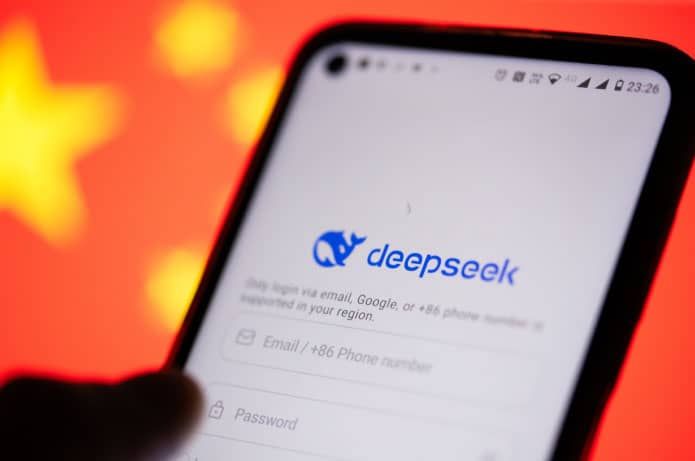In an increasingly dynamic and competitive market, a new LinkedIn survey, the world's largest professional network, showed that Brazilian recruiters are struggling to find professionals with the skills needed to fill available positions. According to the new study, 72% of HR professionals say that hiring talent has become more challenging in the past year.
Among the main obstacles identified by experts are the shortage of candidates with the right technical skills (65%) and behavioral skills (58%), and the increase in the volume of applications without the proper qualifications (55%). This reality poses a double challenge: while recruiters need to deal with a more laborious and time-consuming process, qualified candidates often face greater competition and difficulties in standing out. In this scenario, innovative solutions such as the use of Artificial Intelligence and a skills-focused recruitment model have been gaining ground as alternatives to optimize hiring and reduce the talent gap in the country.
The study indicates that 89% of HR professionals believe that AI helps reduce operational tasks and optimize time, allowing recruitment teams to focus on more strategic activities such as candidate engagement and negotiations. Additionally, 89% also state that technology has accelerated talent identification, and 88% highlight that AI assists in creating more accurate job descriptions, making the ads more attractive to the right candidates.
The job market is undergoing an accelerated transformation, and companies that do not adapt will be at a significant disadvantage. Finding and retaining qualified talent requires new strategies, and Artificial Intelligence has already established itself as an indispensable tool in this process. With the right technology, recruiters can reduce bottlenecks, expand access to candidates, and make more strategic decisions, ensuring that hiring processes are faster and more accurate.“, says Ana Claudia Plihal, Talent Solutions Executive at LinkedIn in Brazil.
From Experience to Skills: A New Hiring Model
The research also reveals a misalignment between companies' requirements and the qualifications available in the market, with 69% of HR professionals in Brazil stating that there is a gap between the skills that candidates have and those that companies actually need.
To reduce this discrepancy, 56% of recruiters say that access to new HR technologies, such as AI tools, would help make the process more efficient, while 44% believe that prioritizing skills over degrees and past experience could be the solution to filling vacancies more quickly.
“We are seeing a paradigm shift in recruitment. Companies that adopt a more skills-focused approach, rather than just academic background or experience, are more successful in hiring and retaining talent. This new model opens opportunities for a larger number of candidates and allows organizations to broaden their horizons in the search for qualified professionals“,complements Ana Plihal.
In this sense, the transition to a skills-focused hiring model, supported by recruitment technologies, emerges as a key way to reduce the labor market gap, expanding access to qualified talent and making companies more competitive and inclusive.
Methodology
The survey was conducted by Censuswide, with a sample of 500 HR professionals and talent acquisition leaders in Brazil (18+). The data was collected between November 28, 2024, and December 13, 2024. Censuswide is affiliated with and employs members of the Market Research Society, adhering to its code of conduct and the principles of ESOMAR. Additionally, Censuswide is a member of the British Polling Council.











